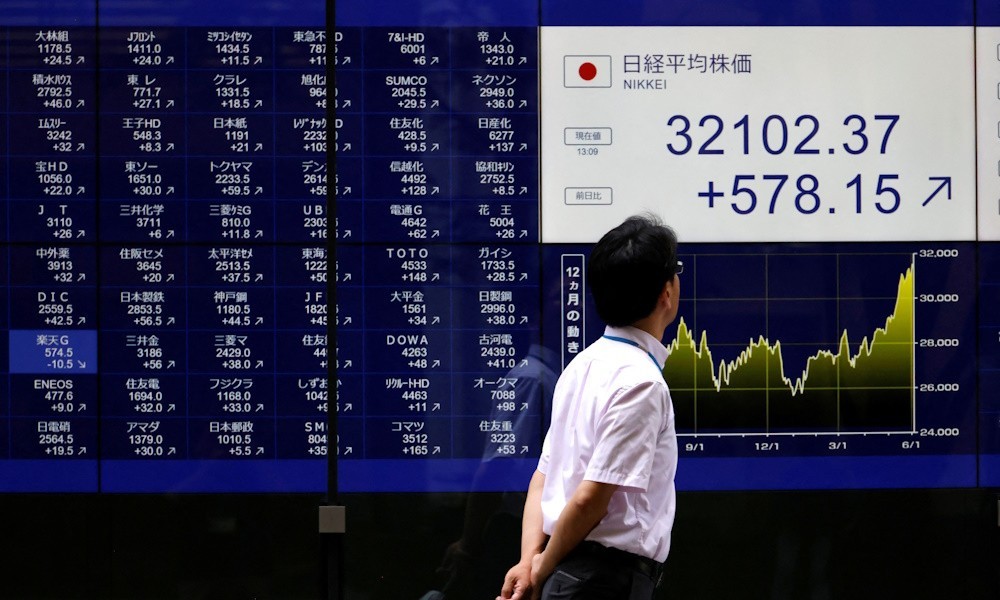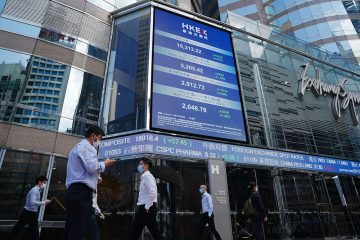Japan’s stock market performance could slow down

Japanese equities may soon find themselves without further impetus following a meteoric surge to all-time highs.
Earnings growth, a weaker yen, and changes in corporate governance, including greater share buybacks, propelled the benchmark Nikkei Stock Average last month to its first ever ascent beyond 40,000. The index had the strongest first-quarter performance of any major market in the world, rising 21%.
However, as we enter the second quarter, many analysts believe that the market has already priced in a lot of positive news and is thus more susceptible to short-term disappointments.
Investors might have been too hopeful about the prospects for additional earnings growth, share buybacks, and inflation, according to Fumio Matsumoto, chief strategist at Okasan Securities. Why? Because unique variables, such the pandemic recovery, contributed to the recent success in business profits, and several corporations curtailed repurchases during the COVID era, thus the increase in buybacks is a response to that. He went on to say that external causes are a major reason why inflation has returned after decades of zero or very low price growth.
Matsumoto stated, “I’m not predicting an economic shock,” but that if market expectations are wrong, an adjustment will be necessary. It’s important that we be vigilant in case the downward volatility increases.
The Nikkei Stock Average will close the year at 36700, according to Okasan. After falling 1.4% the day before, the index ended Tuesday with a 0.1% gain, at 39838.91.
Beginning the week on a shaky note, the market responded negatively to news that mood among major Japanese manufacturers has worsened for the first time in a year, according to the Bank of Japan’s quarterly business survey.
According to Rakuten Securities senior strategist Masayuki Kubota, the worst case scenario for Japanese stocks would be a worsening American economy. He predicted that if interest rates in the US were to fall, the yen would strengthen against the dollar and Japanese company profits would fall.
According to Kubota, just because the U.S. economy is doing well this year doesn’t imply it will keep doing so in the years to come.
The earnings of Japanese enterprises abroad seem less valuable in currency terms when the yen strengthens. Following a rise to a 34-year high of Y151.97 last week, the dollar was last seen at 151.72 yen.
According to economists, modest inflation is expected to return in the long run, which might lead to continued gains for Japanese stocks. This time, they claim, the economy seems to have finally shaken off deflation, unlike prior false dawns.
Big companies in Japan intend to increase wages by an average of 5.28 percent this year, according to the country’s top labor organization, which is the largest increase since 1991. Official statistics revealed last week that land values in the nation experienced their highest annual increase since 1990, with a 2.3% surge in 2023.
“Inflation is taking root in Japan,” according to Rakuten’s Kubota, who also noted that the BOJ recently ended its negative interest rate policy.




